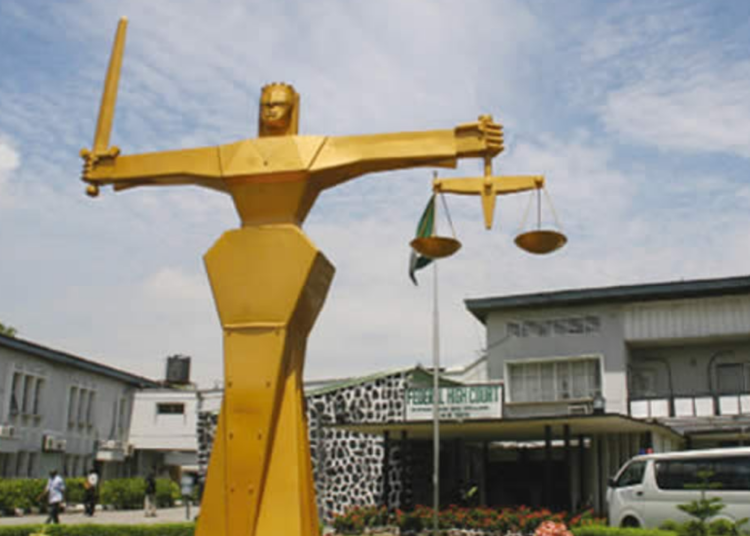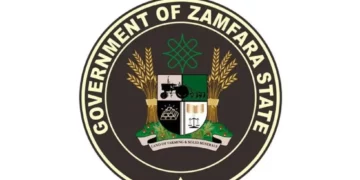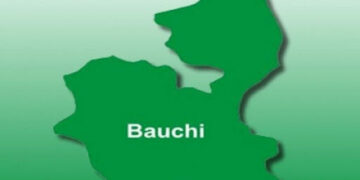Justice Inyang Ekwo of the Federal High Court, Abuja, has upheld the “no case” submission by a former attorney-general of the federation and minister of Justice, Mohammed Bello Adoke, on charges of money laundering.
The Economic and Financial Crimes Commission (EFCC) had charged Adoke and a property developer, Abubakar Aliyu, in 2017 alleging money laundering to the tune of N300 million.
While the EFCC admitted before Justice Ekwo, that it was a mortgage that Adoke took from Unity Bank, it alleged before Justice Suleiman Kutigi of the FCT High Court that the money was a bribe from the sale of the oil block by Malabu Oil and Gas Ltd in 2011.
On March 28, 2024, Justice Kutigi pointed out the contradiction, while dismissing the charges against Adoke and other defendants, chiding the EFCC for wasting the court’s time for four years.
In his own ruling on Friday morning, Ekwo said the EFCC did not provide any evidence to prove the essential elements of the offence against Adoke, who was listed as first defendant.He upheld the no case submission, discharging and acquitting Adoke.
However, Ekwo ruled that Aliyu, the second defendant, has to open his defence because he has a case to answer on some of the charges against him.
After the EFCC closed its case against Adoke and Abubakar in November 2023, both had made a no-case submission, asking the Federal High Court to dismiss the charges because the commission did not establish a case.
Adoke described the charges as “baseless and frivolous.”
In 2011, Adoke had taken a mortgage of N300 million from Unity Bank to buy a property valued at N500 million from Abubakar.
However, he failed to pay his own equity contribution of N200 million and the mortgage was cancelled in 2013.
Abubakar said he returned the N300 million to Unity Bank after finding a new buyer – the Central Bank of Nigeria (CBN).
But in 2017, the EFCC accused Adoke of handing the dollar equivalent of N300 million to Rislanudeen Mohammed, then acting managing director of Unity Bank, to refund the loan.
The commission said it was a breach of money laundering laws as it was above the N10 million threshold allowed, arguing further that a bureau de change (BDC) — which the bank used to convert the dollar to naira — is not a financial institution.
It accused Adoke and Abubakar of conspiring to commit the offence of money laundering.




